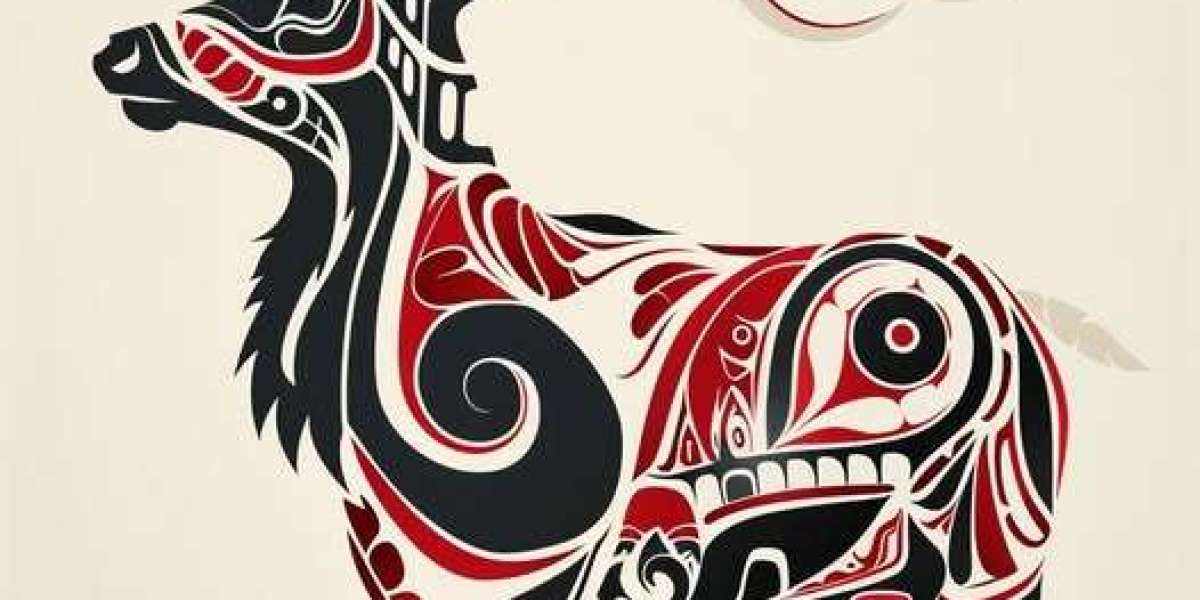Before the sun carved gold into the riverbeds,
before the trees stitched their canopies across the open skies,
the valleys lay veiled in breath —
soft, nameless, waiting.
In that hush of the first mornings,
the Deer moved.
It did not thunder like storms.
It did not blaze like fires.
It wove itself into the mist,
its steps too light to tear the waiting earth,
its breath slow enough to match the sleeping pulse of the land.
The Deer did not seek to leave a mark.
It sought only to belong —
to move through the world without scarring it,
to drink from the mist without disturbing its dreaming surface.
Among the people, it is said:
When the Deer drinks from the morning mist,
the world holds its breath —
and for a moment, all things are in balance again:
the seen and unseen,
the fleeting and eternal.
The Deer teaches:
That to move softly is not to move without power,
but to move with reverence.
That renewal does not come from conquering the world,
but from sinking into it,
trusting that life stirs even in the smallest silences.
It teaches that the strongest paths are the ones barely seen —
worn not by force, but by endless patience,
and the memory of every step taken in kindness.
Even now, when the mist drapes the valleys in silver,
and the world feels half-formed again,
those who stand quietly among the trees may catch a glimpse:
A slender shape,
a momentary meeting of eye and soul,
a reminder that grace is not a gift you chase —
it is a breath you share.
Because where the Deer drinks the mist,
the earth remembers how to dream,
and the spirit remembers how to wake.







